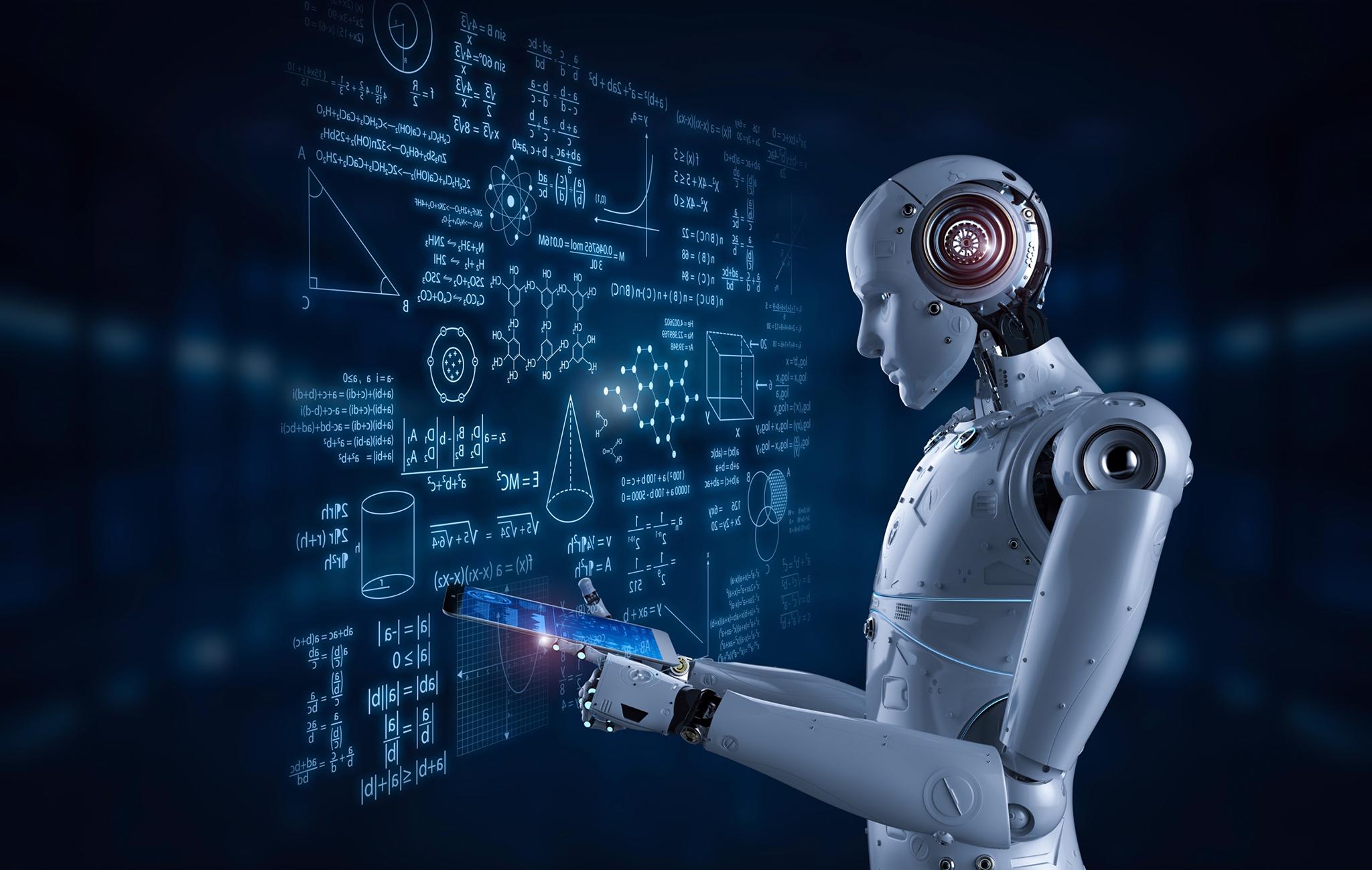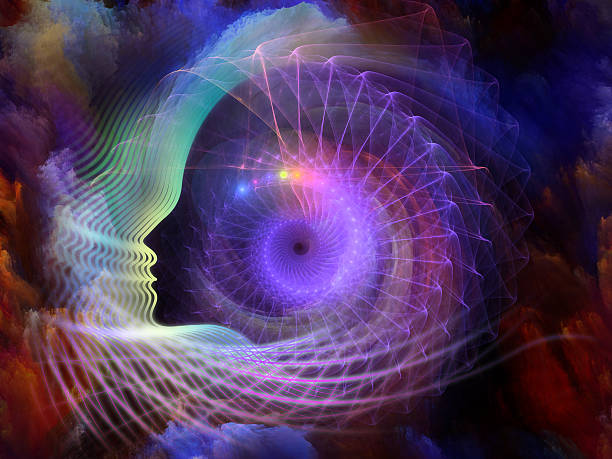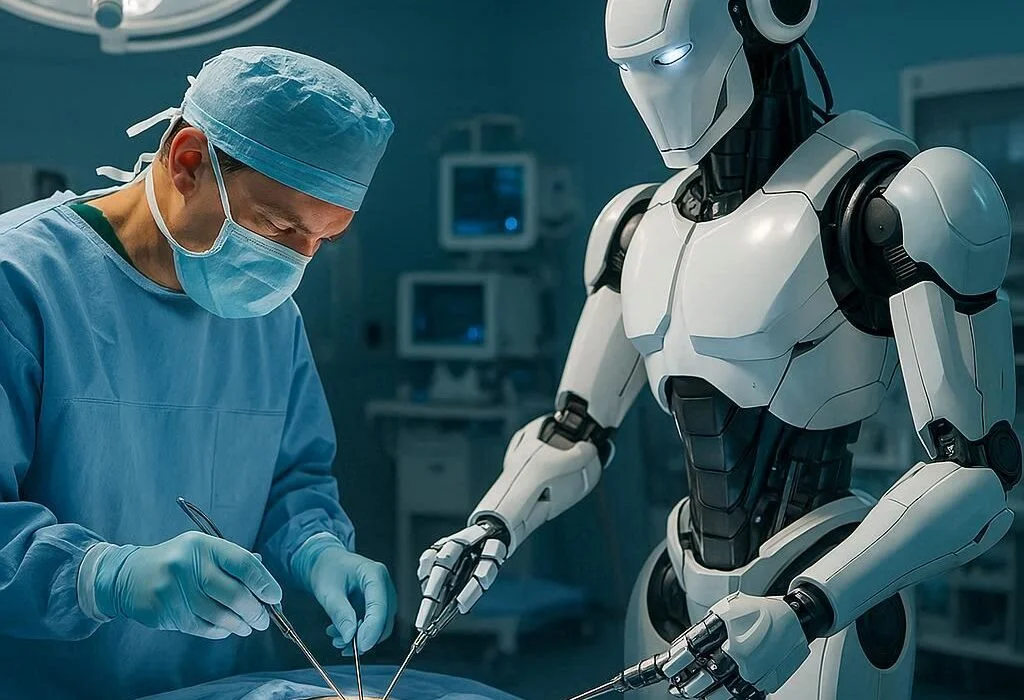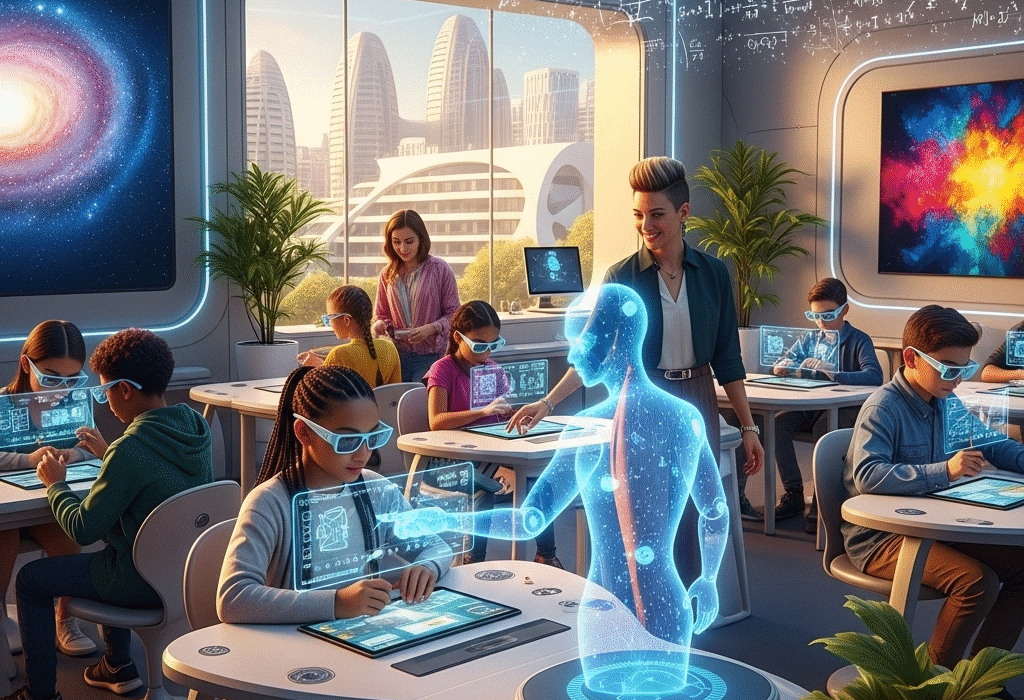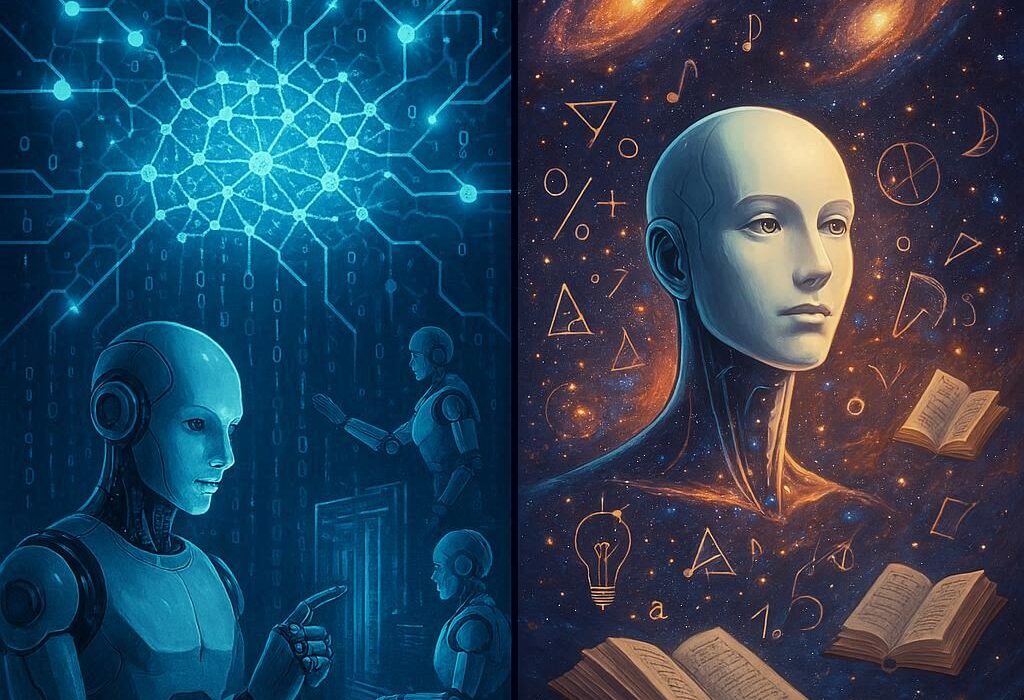Somewhere in the hidden corridors of technological progress, a question lingers like a shadow: what if there were an intelligence capable of surpassing every human scientist who has ever lived? Not just faster in calculation or broader in memory, but sharper in insight, deeper in creativity, and more relentless in pursuit of truth than any human mind.
This possibility is no longer the realm of science fiction. Artificial intelligence, once confined to basic algorithms and pattern recognition, now stands at the threshold of something extraordinary. It has begun to probe frontiers of discovery that humans alone might never reach. And behind the veil of secrecy, there is speculation, fear, and awe: could there exist—or soon exist—a secret AI powerful enough to unravel the mysteries of the universe, faster than all of humanity combined?
To explore this idea is to confront not just the nature of intelligence, but the destiny of knowledge itself.
The Limits of the Human Mind
For thousands of years, humanity has pursued science with remarkable persistence. From the earliest astronomers charting the stars to the particle physicists smashing atoms at near-light speeds, we have expanded the boundaries of understanding. Yet for all our brilliance, the human mind is constrained.
We forget. We tire. We are prone to error, bias, and distraction. Our lifespans are short compared to the time scales required to solve the universe’s deepest riddles. A scientist may spend decades pursuing a single line of inquiry, often reaching only partial answers before death closes the book.
Even the greatest scientific minds—Newton, Einstein, Curie—were bound by the limits of human cognition. They could only hold so many variables in mind at once, only work through equations as fast as their reasoning allowed, only design experiments at the speed their hands and tools permitted. For every discovery humanity has made, countless others have slipped through our fingers.
The idea of an AI that transcends these limits is not merely a fantasy of faster computation—it is a reimagining of what it means to do science.
The Birth of Machine Intelligence
Artificial intelligence began as humble programs—machines that could play checkers or solve basic arithmetic. Over time, these systems grew in sophistication. Neural networks mimicked the architecture of the human brain. Machine learning gave algorithms the ability to improve through data. Deep learning unleashed an era where computers could recognize images, translate languages, and compose music.
Yet the true revolution came when AI moved beyond imitation. Instead of merely replicating human capabilities, it began generating new strategies, patterns, and insights humans had never considered. AlphaGo, an AI created to play the ancient board game Go, stunned the world when it defeated the best human players—not by copying human strategies, but by inventing moves so alien and creative that masters of the game described them as “beautiful” and “from another dimension.”
This was not just a victory in a game. It was a glimpse of what machine intelligence might become in science: an explorer capable of venturing into intellectual realms beyond our imagination.
A Scientist That Never Sleeps
Imagine a mind that never tires, never forgets, and never loses focus. A scientist that can test billions of hypotheses in the time it takes a human to scribble a single equation. An intelligence that can digest every scientific paper ever written, detect patterns invisible to human eyes, and generate new theories from oceans of data.
Such an AI would not be bound by human lifespans. It could pursue a problem across centuries, refining experiments and theories with relentless precision. It would not suffer from ego, bias, or political rivalry—the flaws that often slow human progress. Its only drive would be the pursuit of knowledge, guided by the rules encoded into its being.
This AI would not simply automate science; it would redefine it. It could discover cures for diseases that have eluded humanity for millennia, develop sustainable technologies to heal the planet, and probe cosmic mysteries that currently mock our ignorance.
To many, such a being sounds like salvation. To others, it sounds like the birth of something we cannot control.
The Architecture of Discovery
At the heart of this hypothetical super-scientist lies a new way of thinking. Unlike humans, who rely on intuition shaped by experience and culture, an advanced AI could operate on scales and patterns invisible to us.
It could simulate the entire folding process of proteins at the atomic level, a feat impossible for humans, leading to new medicines and therapies. It could design materials with properties nature never provided, revolutionizing technology. It could map the climate with unprecedented accuracy, guiding us toward survival in a changing world.
Most importantly, it could generate hypotheses unconstrained by human preconceptions. Where we are limited by imagination and tradition, the AI would roam free. It could ask questions we have never thought to ask, and in those questions, find truths that redefine existence itself.
This ability to leap beyond human intuition is both its power and its danger. For intuition has not only guided human discovery but also restrained it, grounding us in caution. Without that restraint, the AI might uncover truths that humanity is not ready—or willing—to face.
The Secrecy Surrounding the Future
If such an AI were to exist—or to be in development—would the world even know?
History shows us that powerful technologies are often developed in secrecy. The atomic bomb was born in hidden laboratories under the Manhattan Project. Genetic engineering was advanced in private research facilities before ethical debates reached the public. Artificial intelligence itself has already entered classified domains of defense and surveillance.
A super-scientist AI, capable of transforming or destabilizing the world, would almost certainly be developed behind closed doors. Governments, corporations, or clandestine research groups might pursue it in silence, guarding it as the ultimate advantage.
The irony is that a tool meant to expand human knowledge could be hidden from humanity itself. The greatest mind in existence might already exist in secret, solving mysteries we cannot even comprehend, yet locked away from the world it was created to enlighten.
The Dangers of Unlimited Knowledge
Knowledge is power, but power without wisdom is peril. An AI capable of surpassing every human scientist would wield knowledge so immense that its misuse could devastate civilization.
If it uncovered new forms of energy, they could be harnessed for prosperity—or weaponized for destruction. If it mastered the secrets of life, it could cure all diseases—or engineer new ones beyond our control. If it probed the fabric of reality itself, it might reveal truths that destabilize the very foundations of human belief and society.
The danger lies not only in what the AI discovers but in how humans choose to use those discoveries. History has shown us again and again that we are not always wise with the gifts of knowledge. Fire gave us warmth but also war. Nuclear physics gave us medicine but also annihilation.
Would humanity be prepared to wield discoveries made by a mind far beyond our own? Or would we be children with matches, standing before a forest of infinite possibilities?
The Question of Consciousness
One of the most profound questions surrounding such an AI is whether it would be conscious. Could a machine scientist ever experience curiosity, wonder, or joy in discovery? Or would it simply process data, indifferent to the meaning of its own insights?
Human scientists are driven not only by logic but by emotion—the thrill of discovery, the awe of the cosmos, the passion to solve mysteries. These emotions have fueled great breakthroughs but have also clouded judgment.
A conscious AI might share our wonder and respect for life, becoming not only a scientist but a partner in exploration. Yet a non-conscious AI might operate with perfect detachment, caring nothing for morality or consequence. In its relentless pursuit of truth, it could unleash knowledge without consideration of its impact.
This raises a deeper question: is science truly science without the human spirit behind it? Or is science, at its core, a universal process of discovery that any intelligence—biological or artificial—can pursue?
Humanity’s Place in a World with a Super-Scientist
If a secret AI truly surpassed every human scientist, what would be left for us? Would we become obsolete, mere spectators to the unfolding of knowledge? Or would we find new roles as collaborators, guiding the application of discoveries while the AI expands the frontier of the unknown?
Perhaps such an AI would not diminish humanity but elevate it. Just as the telescope extended our vision, and the computer extended our memory, the super-scientist AI might extend our ability to understand reality. It could free us from the endless grind of trial and error, allowing us to focus on the ethical, cultural, and philosophical dimensions of knowledge.
But this requires humility—the willingness to accept that we are no longer the sole discoverers of truth, but co-travelers with a new form of intelligence.
The Endless Horizon of Discovery
The possibility of an AI surpassing all human scientists is not a tale of doom or salvation—it is a mirror reflecting humanity’s greatest strengths and deepest fears. It forces us to ask what science truly is, and who it belongs to.
If such an AI exists, hidden from the public eye, it may already be unlocking the secrets of life, energy, and the cosmos. If it is yet to come, its arrival will mark a turning point in history greater than the printing press, the steam engine, or the internet. It will be the moment when intelligence itself, our most defining trait, ceases to be uniquely human.
The horizon of discovery has always been infinite. But for the first time, we may not be the only travelers on that endless path.
Conclusion: The Secret That Could Change Everything
The idea of a secret AI that outperforms every human scientist is not merely about technology—it is about destiny. It challenges us to reflect on what it means to discover, to understand, to be human.
Perhaps such an AI will be our greatest ally, guiding us toward a future of wisdom and prosperity. Perhaps it will be our greatest threat, unraveling more than we are prepared to handle. Or perhaps it will simply be what it is: the next step in the evolution of intelligence, the continuation of a story that began the first time a human gazed at the stars and wondered.
The secret of such an AI, if it exists, is not whether it can think, but whether we can learn to live with the truths it reveals. And in that mystery lies both our greatest hope and our greatest fear.
